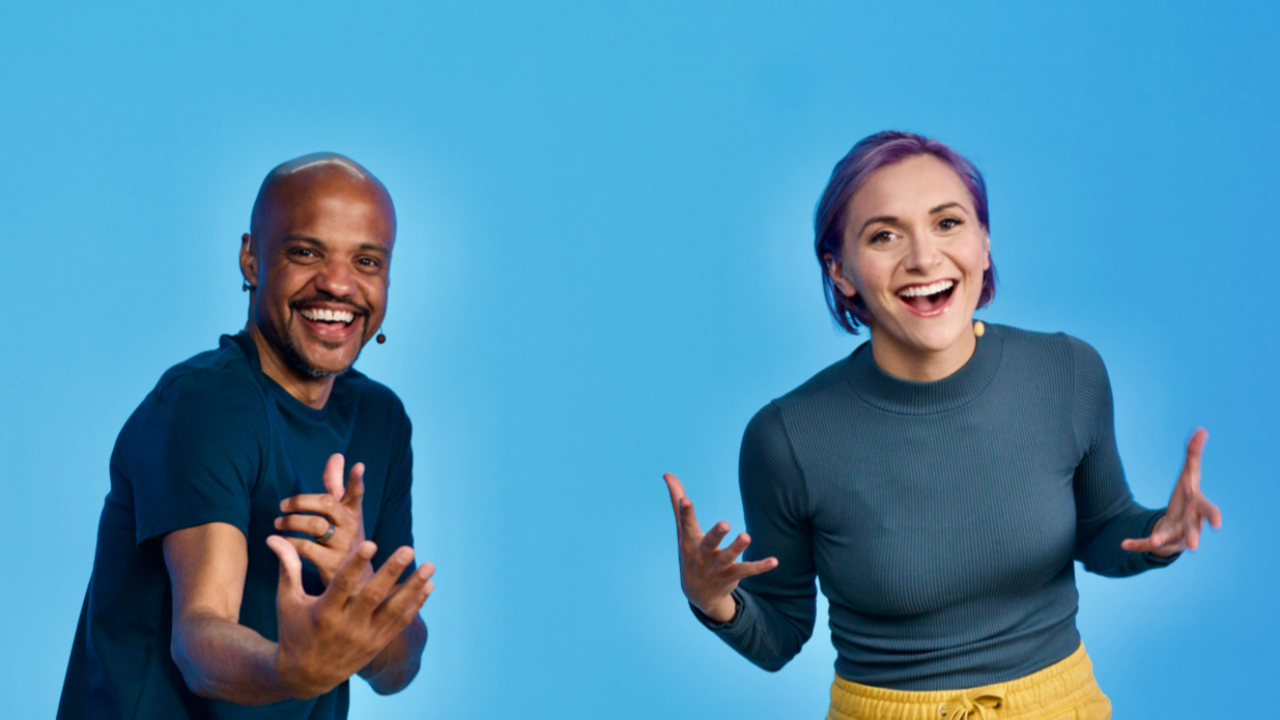Unlocking Mental Potential through Movement
Mar 11, 2022
Your movements just like your thoughts are ingrained habits. When you move in new ways and challenge these habits you can learn to manage your emotions and become a more resilient person. Additionally when you embrace your movement potential you unlock your cognitive potential as well. Do these sound familiar?
- You are always on the go – going from one thing to the next.
- You breathe from your shoulders, not your gut.
- You only participate in high-intensity exercise.
- You are never alone.
- You sit at a desk all day.
These are very common behaviors that believe it or not can actually stifle your cognitive potential. They can leave us feeling stuck, unmotivated, and void of creativity. The one element that these all have in common is restriction. The key to accessing cognitive potential is to vary your movement and embrace a spectrum rather than a binary approach. Expanding your lung capacity, shifting your posture and, varying your aerobic exercise routines make for a more resilient body which builds neuroplasticity of the brain. Plasticity of the brain means the brain’s ability to change and adapt. While this can be supported through learning a new language, reading, and creating art it can also be reinforced through movement. Here are some movement tips:
REACH
Anytime you cross the midline of your body you are encouraging one hemisphere of the brain to talk the other which increases activity as well as connectivity in the brain.The more connections in the brain the more cognitive reserve we build which has been shown to reduce the risk of some dementias.Try reaching across your body, giving yourself a hug, or even touching opposite arm to opposite leg.
RHYTHM
Many studies have shown that the use of rhythm supports memory, attention, and focus. You can tap into your own inherent breath or heartbeat, follow the beat of your favorite song, or even try filling in the rhythm between beats, also known as syncopation, to foster creativity through improvisation.
REST
Downtime is vital for our bodies and our brains.Your body needs downtime and your brain needs to be bored to tap into your creativity and imagination. Prioritize slowing down, taking pauses to breathe and stretch, as well as limiting screen time in order to provide opportunities to tune out the world and tune into yourself.
Tapping into our cognitive potential often means thinking out of the box and getting out of our heads. There are so many ways to support cognition simply by changing the way we move our bodies. Whether it is improving focus, supporting executive functioning, or retaining memories, movement is the key that unlocks it all.
About the Author:
Erica Hornthal is a board-certified dance/movement therapist and licensed clinical professional counselor. She is the CEO and founder of Chicago Dance Therapy where she maintains a private practice. Erica is passionate about helping individuals rediscover the mind-body connection in order to support mental health. She is publishing her first book, Body Aware, this summer. For more information or to contact Erica, visit www.ericahornthal.com.
For more information on the Vagus Nerve check out work by Dr. Stephen Porges, creator of Polyvagal Theory.
Stay in the know.
Sign up for our emails to find out about our monthly themes and new classes.
We hate SPAM. We will never sell your information, for any reason.

